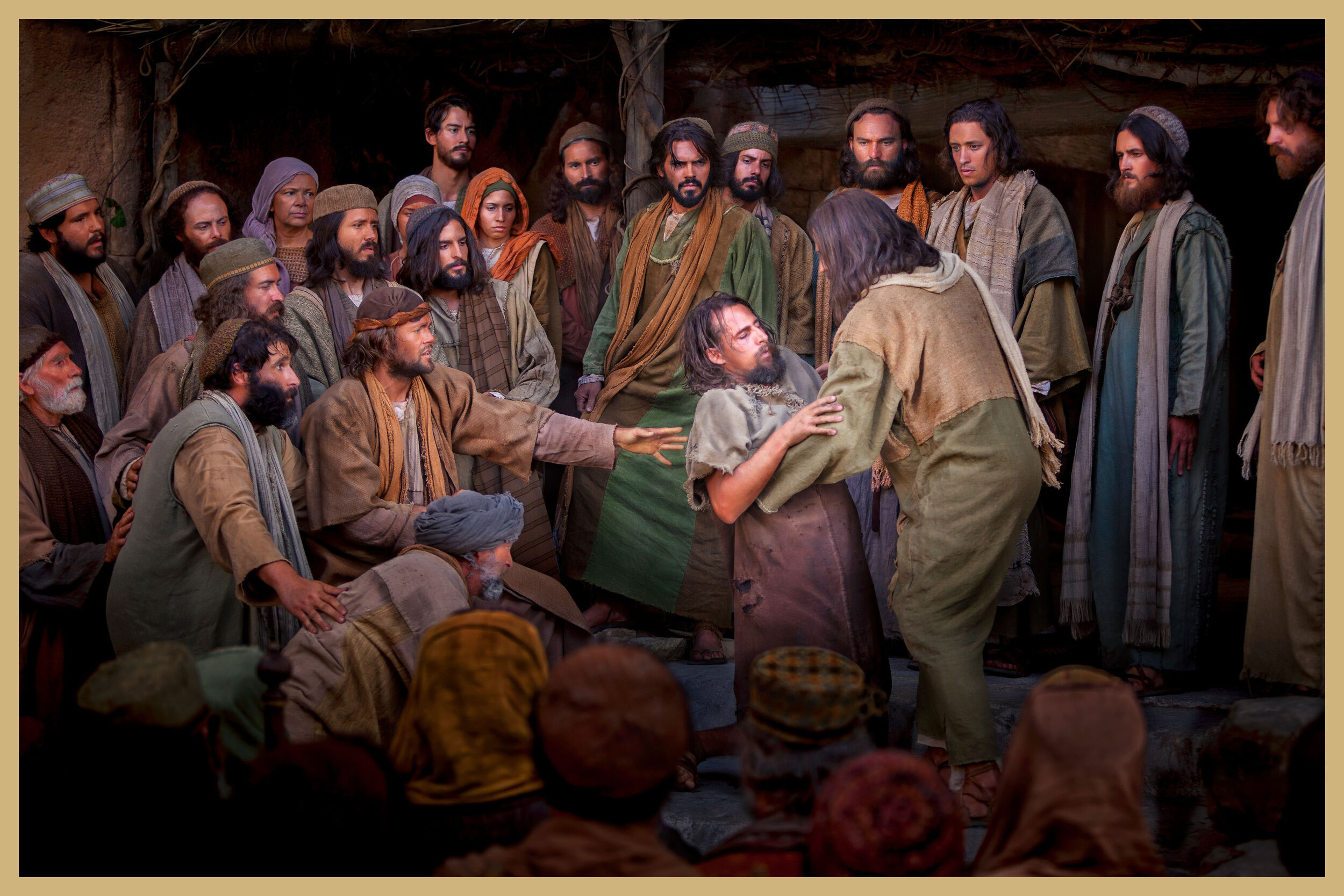Ezekiel must have been an amazing speaker. He warned, he told stories, he reminded people in colorful terms of their history with God. He called out wicked leaders and exposed corruption in high places. He predicted the very collapse of the country God had chosen for them and with which he had blessed them.
He drew great crowds! The people said, “You’ve got to go hear Ezekiel! He is such a passionate communicator! He’s incredible to watch and hear.” But when all was said and sung, they went home entertained and stimulated, but nothing really changed.
Ezekiel fell on his face before God for some answers, and God spoke to him giving him even more things to say to the people, things so dire that it tore Ezekiel’s heart out to have to preach them. Then God said this to Ezekiel:
As for you, son of man, your countrymen are talking together about you by the walls and at the doors of the houses, saying to each other, ‘Come, and hear the message that has come from the Lord.’ My people come to you to listen to your words, but they do not put them into practice. With their mouths they express devotion, but their hearts are greedy for unjust gain. Indeed, to them you are nothing more than one who sings love songs with a beautiful voice and plays an instrument well, for they hear your words, but do not put them into practice. When all this comes true—and it surely will—then they will know that a prophet has been among them. (Ezekiel 33:30-33 NIV)
What God wants is for his creation to not only listen but turn. He woos; he gives a land flowing with milk and honey. He longs for His children to bask in His love, feast from his amazing supply, love each other, and dwell in His sweet peace. He longs for us to reflect and spill out mercy to others, joy in His presence, and rest from our frantic and empty pursuit of pseudo-living. He promises that if we follow the “decrees that give life,” we will surely live.
There is still time to turn. There is still time to do more than enjoy the music and the poetry. There’s time to internalize the message and let the music draw us into the dance God intended life to be.
Once there were prophets, but we wouldn’t hear them.
Once there were wonders; we wouldn’t believe.
Fire and manna once rained down from heaven;
Great mighty winds once parted the seas.
When we were blindest, God sent his vision;
When we were deaf, He spoke and we heard.
The Light of the World walked through our darkness—
Jehovah, Himself, the Incarnate Word.
But what good are love songs, if they don’t make us lovers?
Why be an eagle that won’t spread its wings?
Why write our hearts out? We’re not moved by the passion,
And if love songs don’t change us, then why do we sing?
Lyric: Gloria Gaither©Hanna Street Music (BMI)
Woody Wright Wouldhewrite Music(ASCAP)













